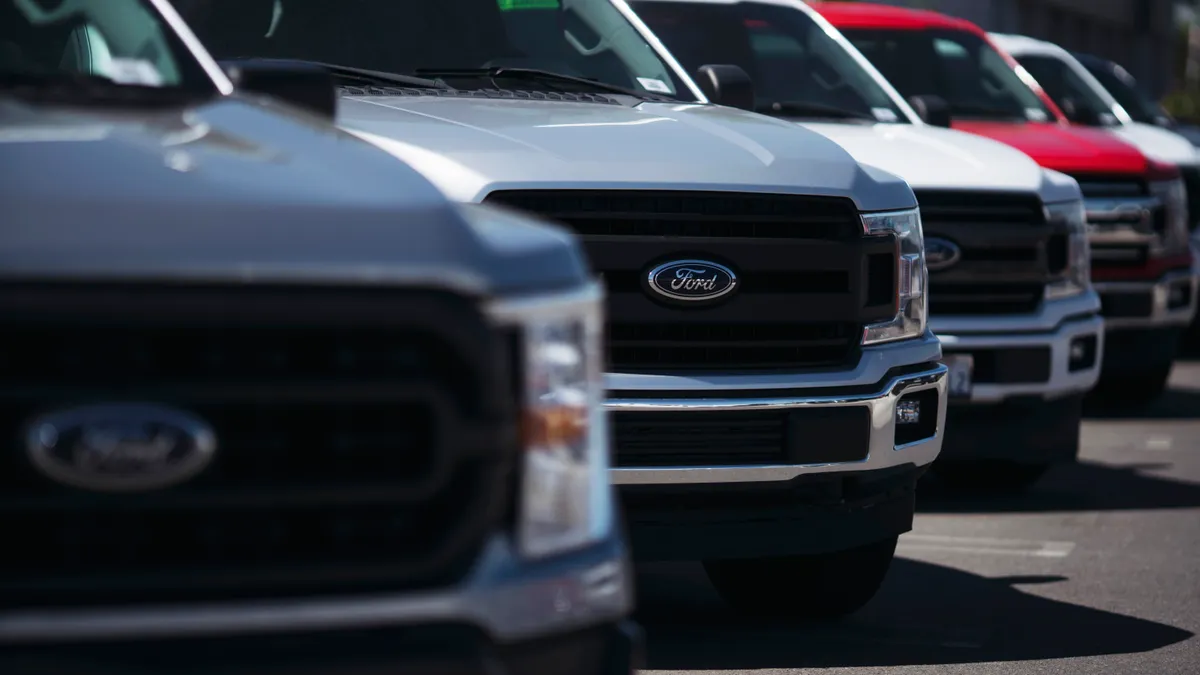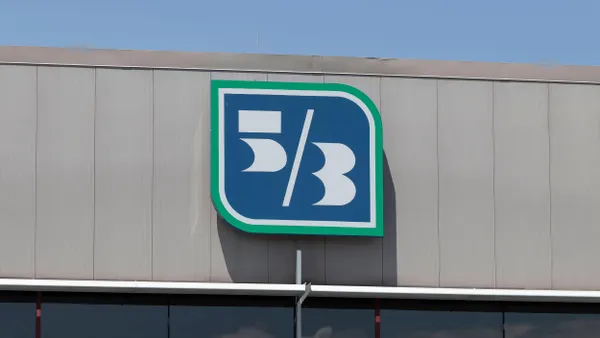Upgrade, a neobank and credit card startup, is venturing into the auto-lending space, CEO Renaud Laplanche announced Wednesday.
The San Francisco-based fintech, which already offers auto-loan refinancing, is partnering with 30 car dealerships in California and Oregon on the new auto-loan business.
The company plans to grow its network of dealers to 100 by the end of this month with a goal of hitting 1,000 sometime next year, Laplanche said. Roughly 80% of Upgrade’s dealer network are franchise, and about 20% are independent, he said.
“[Auto loans] are one of the biggest expense categories, and one that's typically being financed by consumers,” Laplanche said. “We're always thinking about ways to be more helpful to our customers.”
The decision to offer auto loans during a period of low affordability in the auto market will help the fintech capture a lucrative business opportunity, Laplanche said.
“Used car prices went up during the pandemic. It’s coming down a little bit, but not as fast as you would expect,” he said. “The supply chain issues we saw during the pandemic are slowly subsiding, but car prices continue to be pretty high.”
The launch, first reported by Bloomberg, positions Upgrade in a space that many traditional firms have been exiting amid mounting concerns about credit quality.
Citizens Financial Group stopped originating indirect auto loans in July, a move CEO Bruce Van Saun said was part of the firm’s strategy to shield it from potential recession.
Cleveland-based KeyBank sold its indirect retail auto-loan portfolio in 2021 to a subsidiary of Waterfall Asset Management for $3.2 billion.
And Capital One decided in March to wind down its lending business that car dealerships use to buy inventory, citing the “more challenging economic environment,” according to Bloomberg Law.
Traditional banks’ decision to step away from auto lending means dealerships are left with fewer options, said Laplanche, who founded LendingClub in 2006 before launching Upgrade in 2017.
Upgrade plans to offer auto loans to consumers with credit scores as low as 580, meaning dealerships won’t have to send customers to different lenders depending on their credit score, he said.
The neobank’s network of 230 partner banks, to which the fintech sells the loans, allows it to offer auto loans to consumers down the credit spectrum, Laplanche said.
“We have 230 different sources of capital — small banks and credit unions that prefer the higher FICO score, higher income or low risk loans,” he said. “We can be competitive and offer good pricing for people with the best credit quality. We also have asset managers who are willing to take more risk, but also asking for higher yield. … When dealers choose Upgrade, they know they have a financing partner across their entire customer base.”
Upgrade tapped Scott Raymer in March to head the fintech’s new auto business. Raymer, a 30-year veteran of the auto-lending space, built and launched the automotive finance division for California Republic Bank, now Mechanics Bank, according to his LinkedIn page.
Upgrade’s expansion into auto lending follows its July acquisition of Uplift, a buy now, pay later firm that specializes in travel.
Upgrade acquired the fintech for $100 million in cash and stock in a deal that added 3.3 million users to the neobank’s existing 2.5 million, according to Laplanche.














